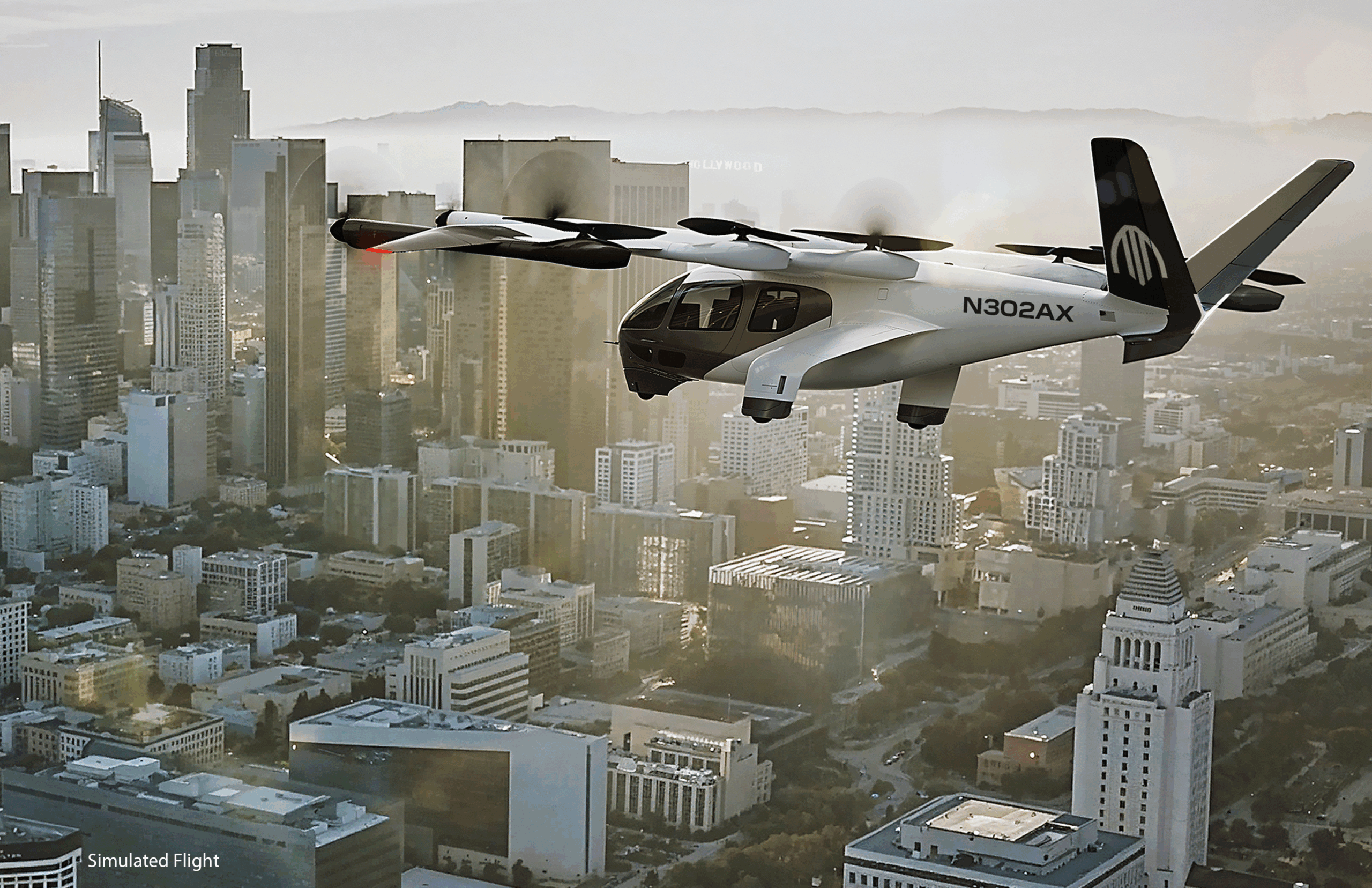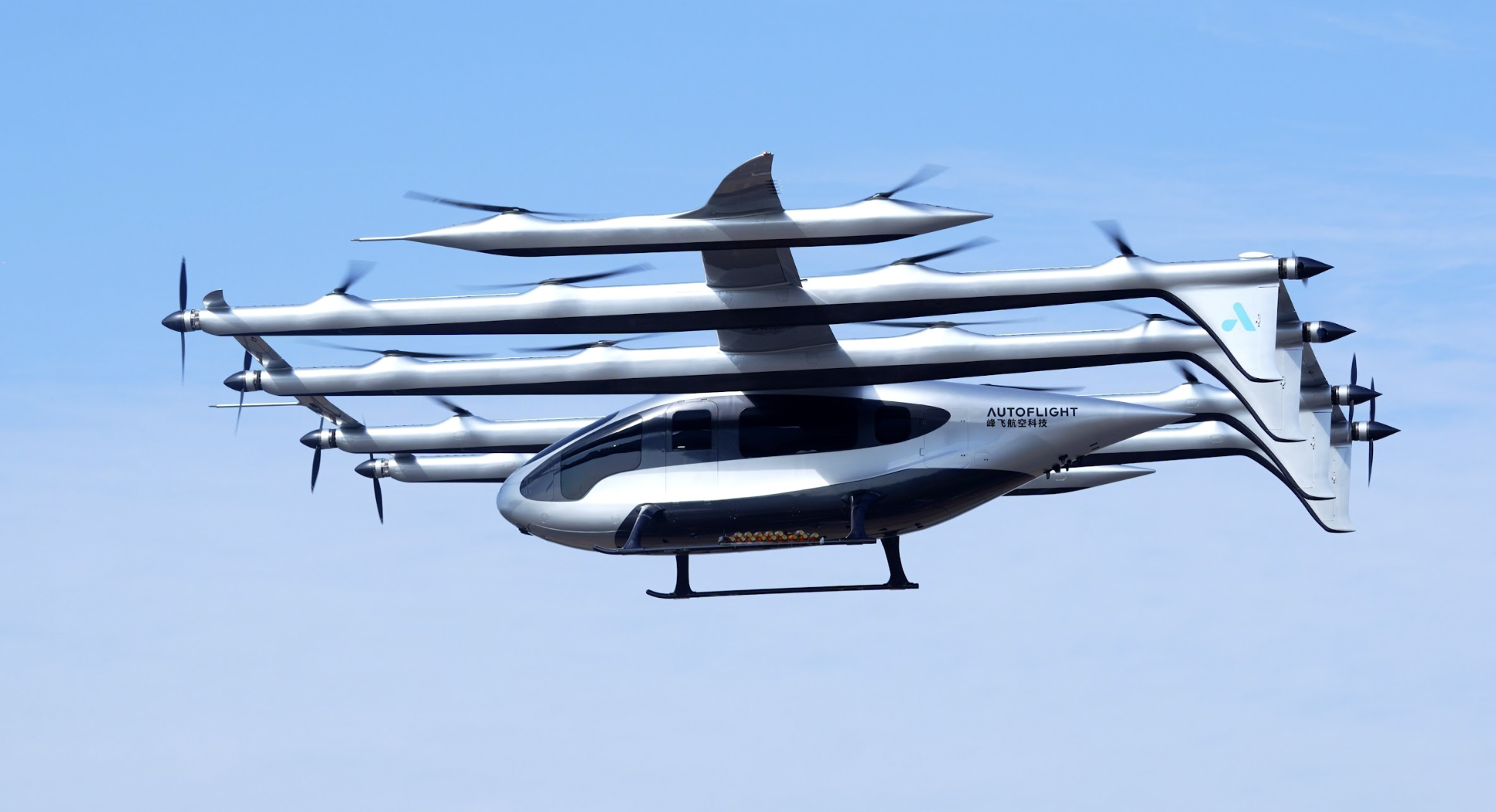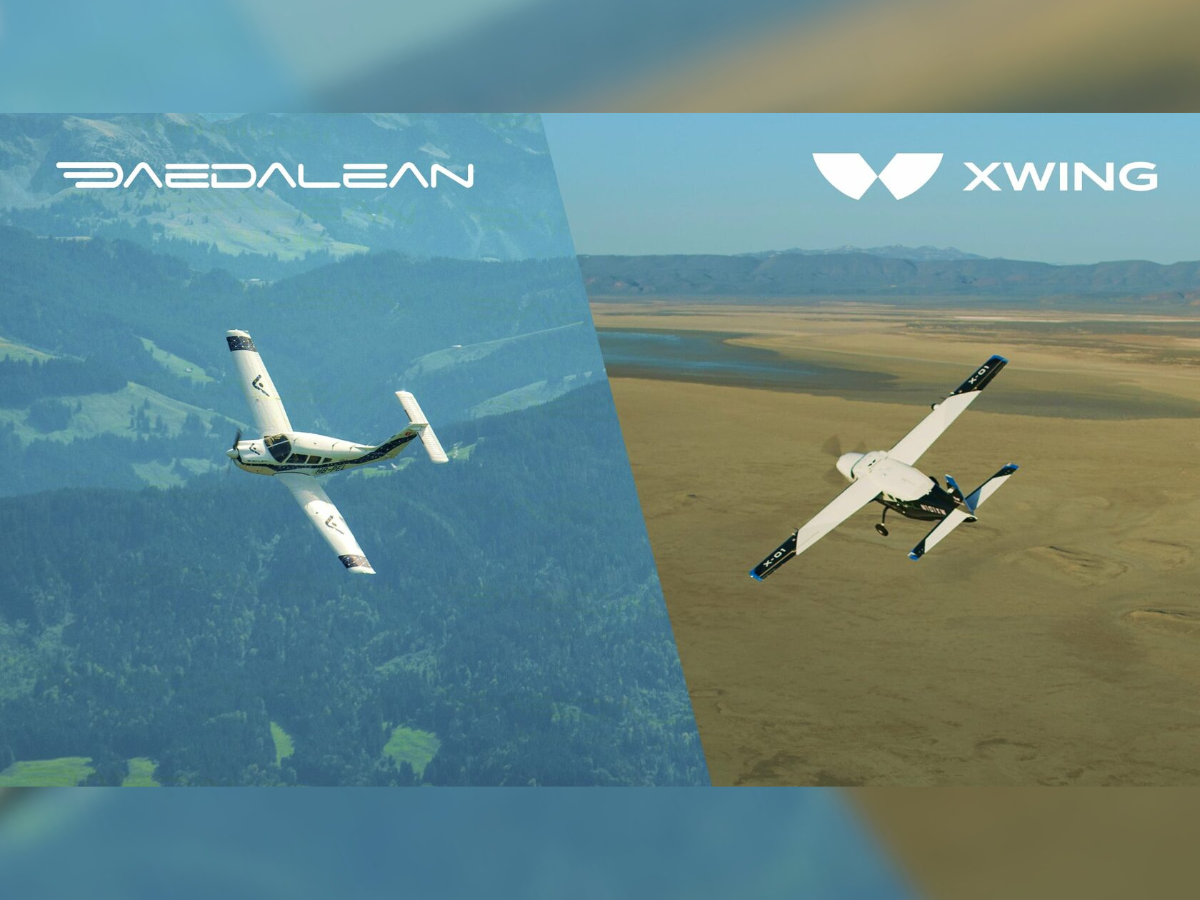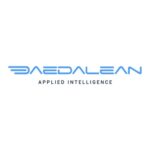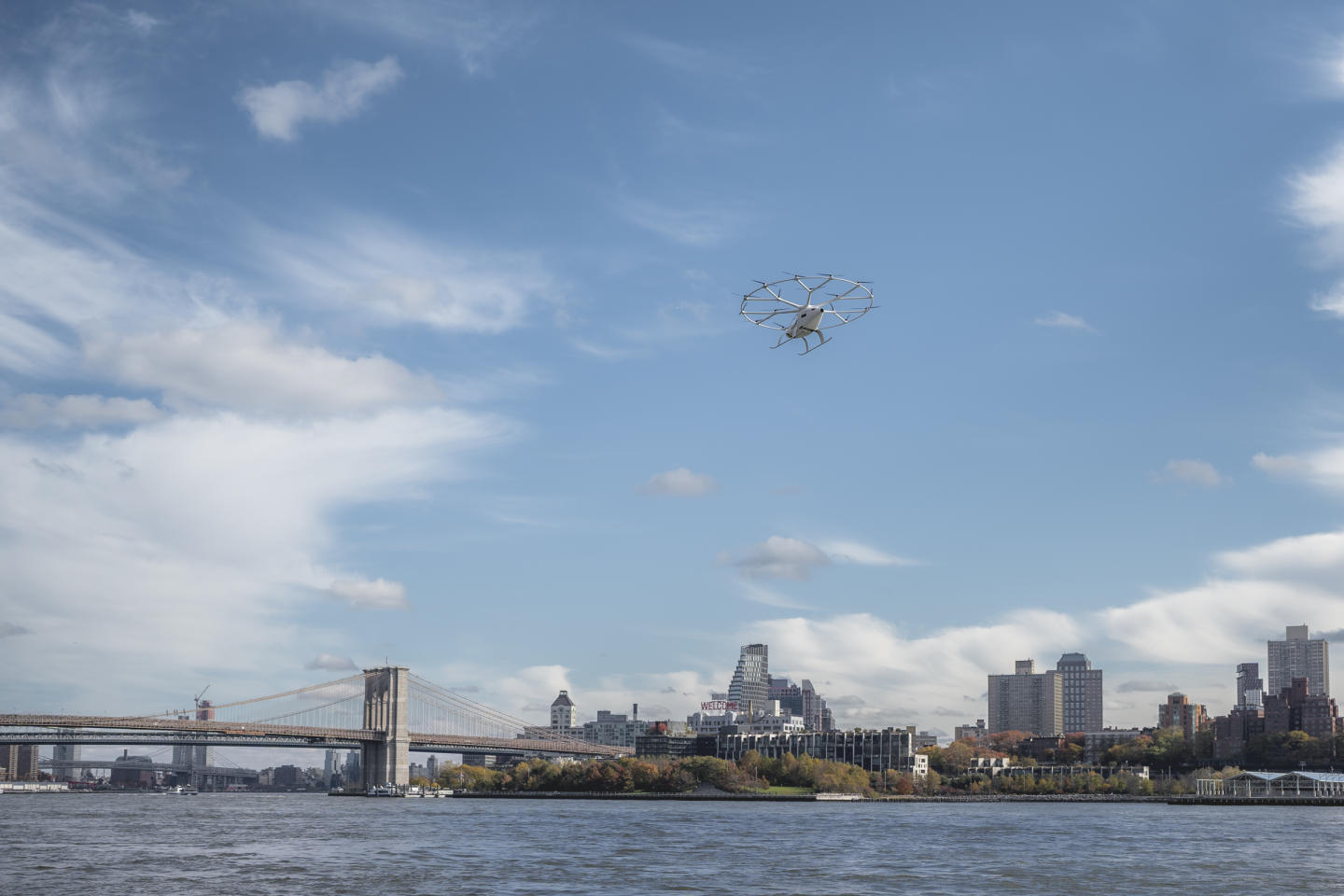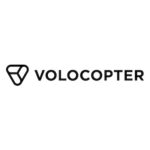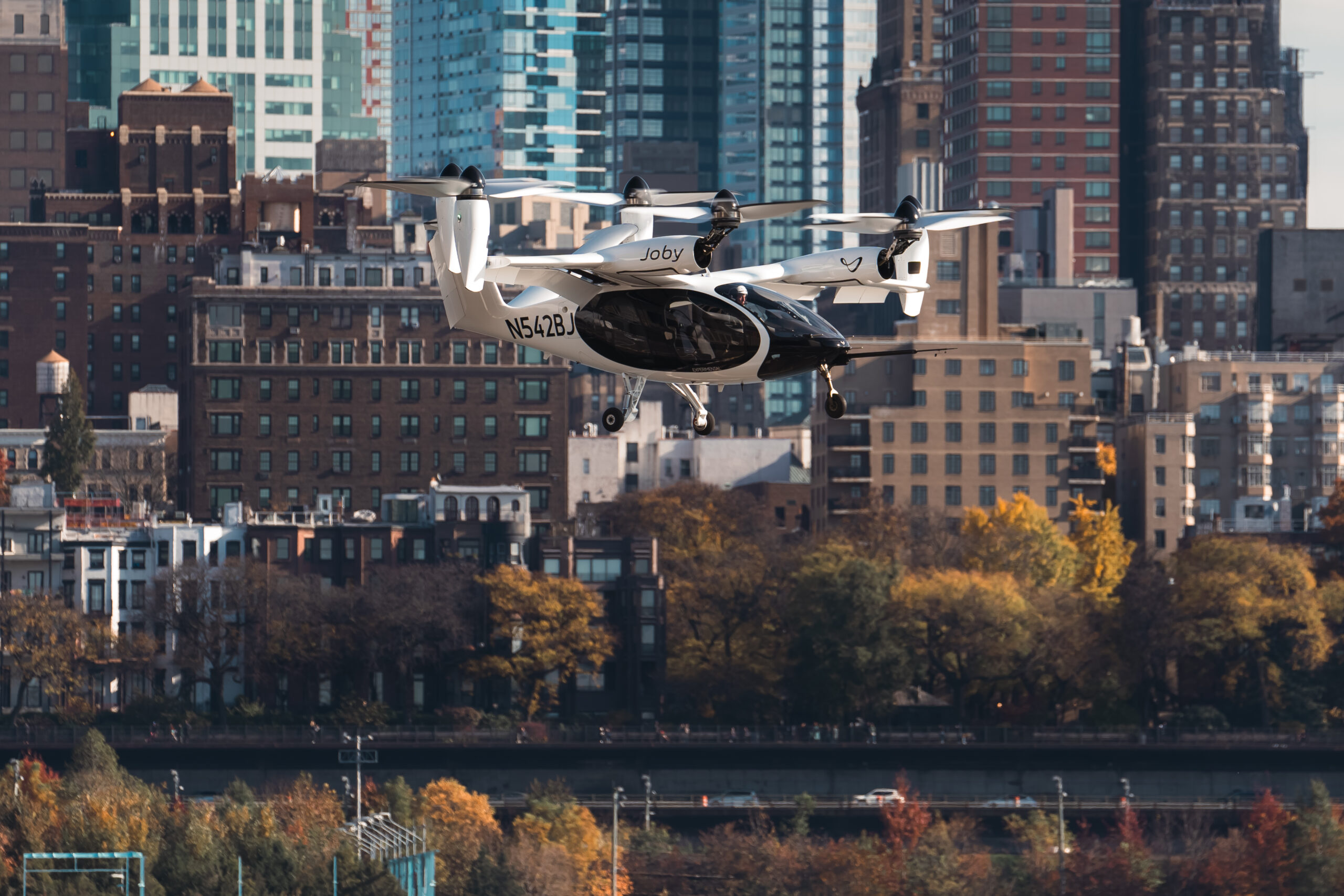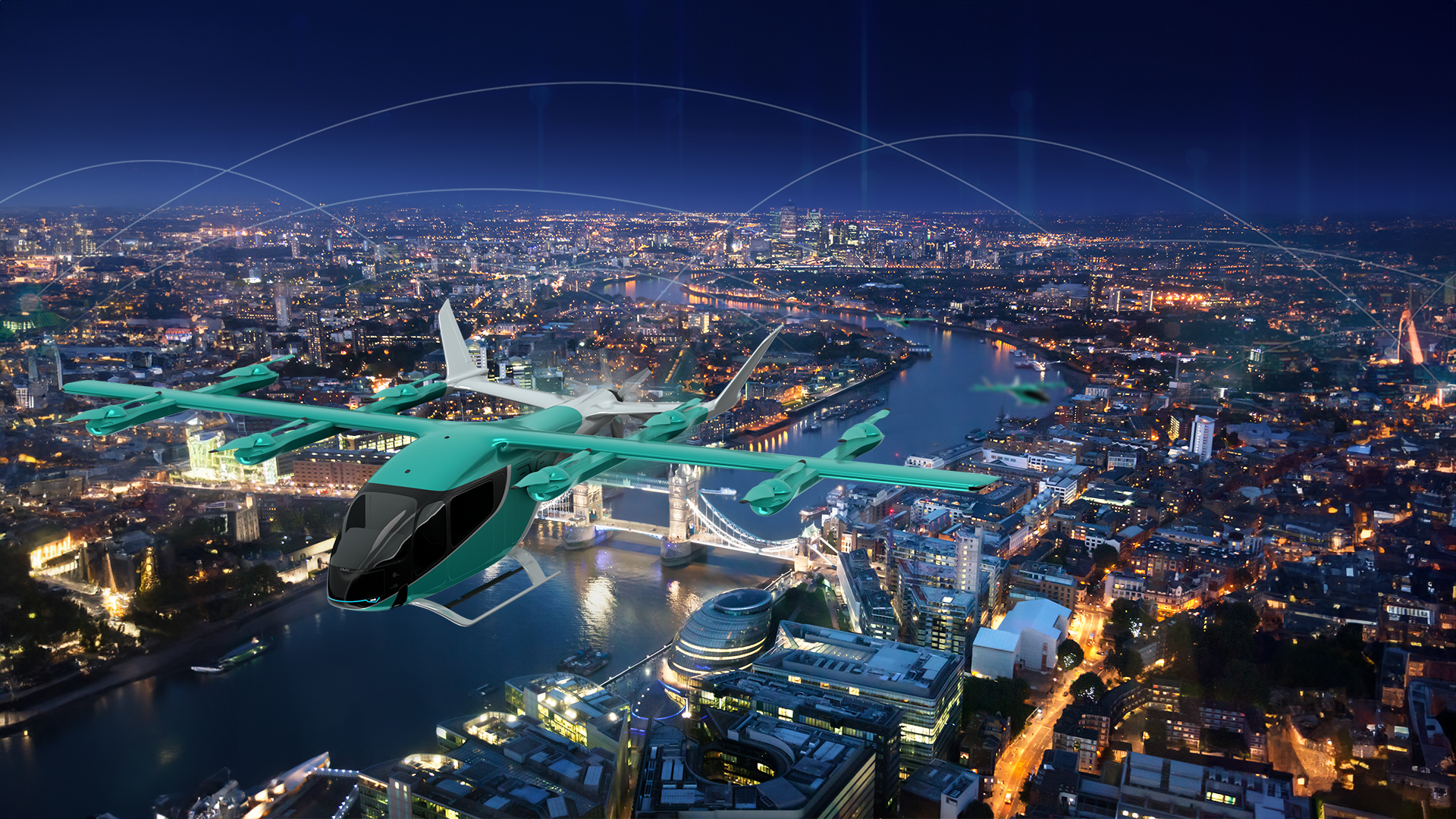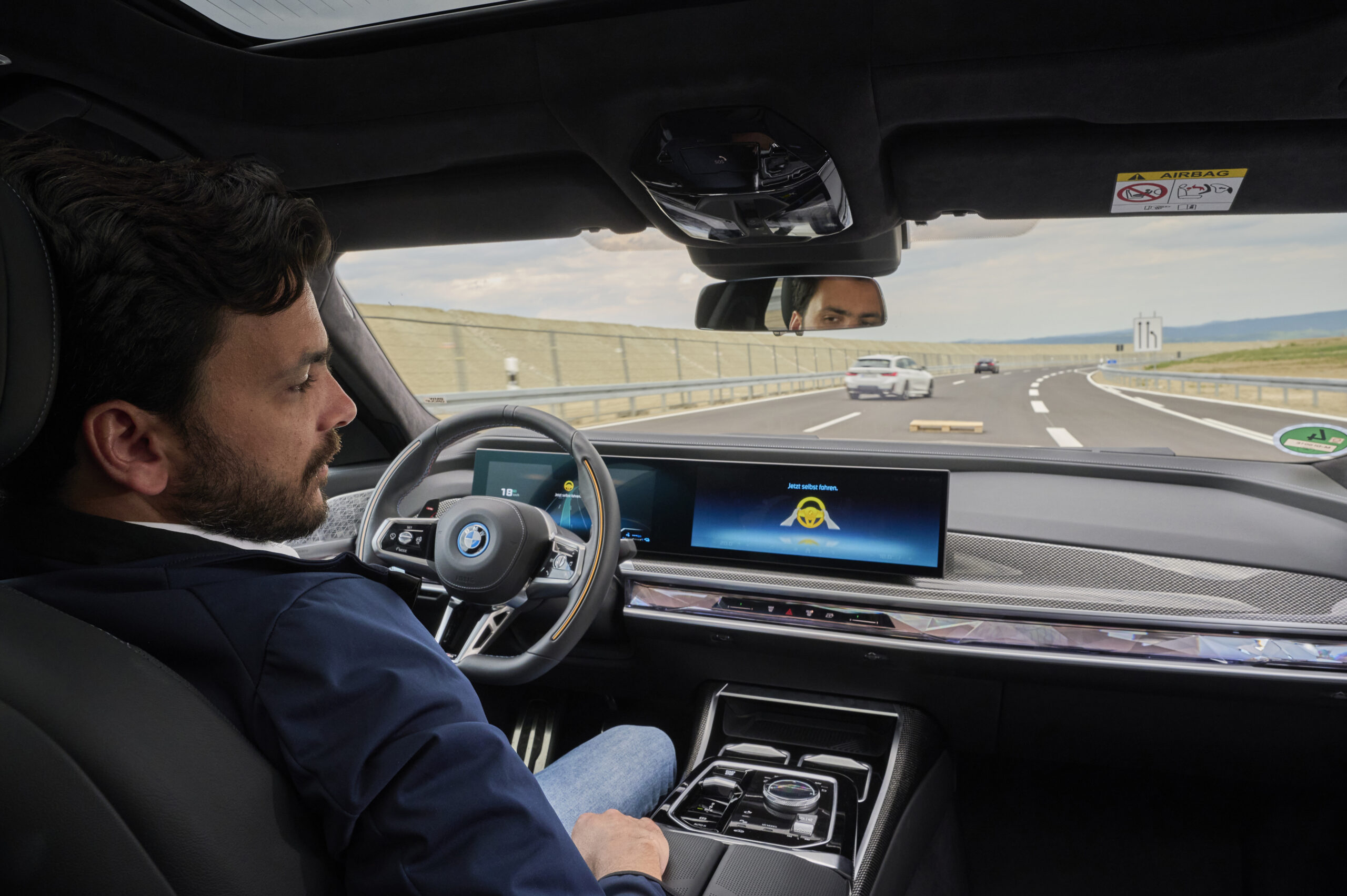Lilium has commenced production of its Lilium Jet electric vertical take-off and landing (eVTOL) aircraft.
This milestone follows the arrival of the first Lilium Jet fuselage at the manufacturer’s final assembly line.
In the next step, the fuselage will be matched and joined with the aircraft’s canards and main wings.
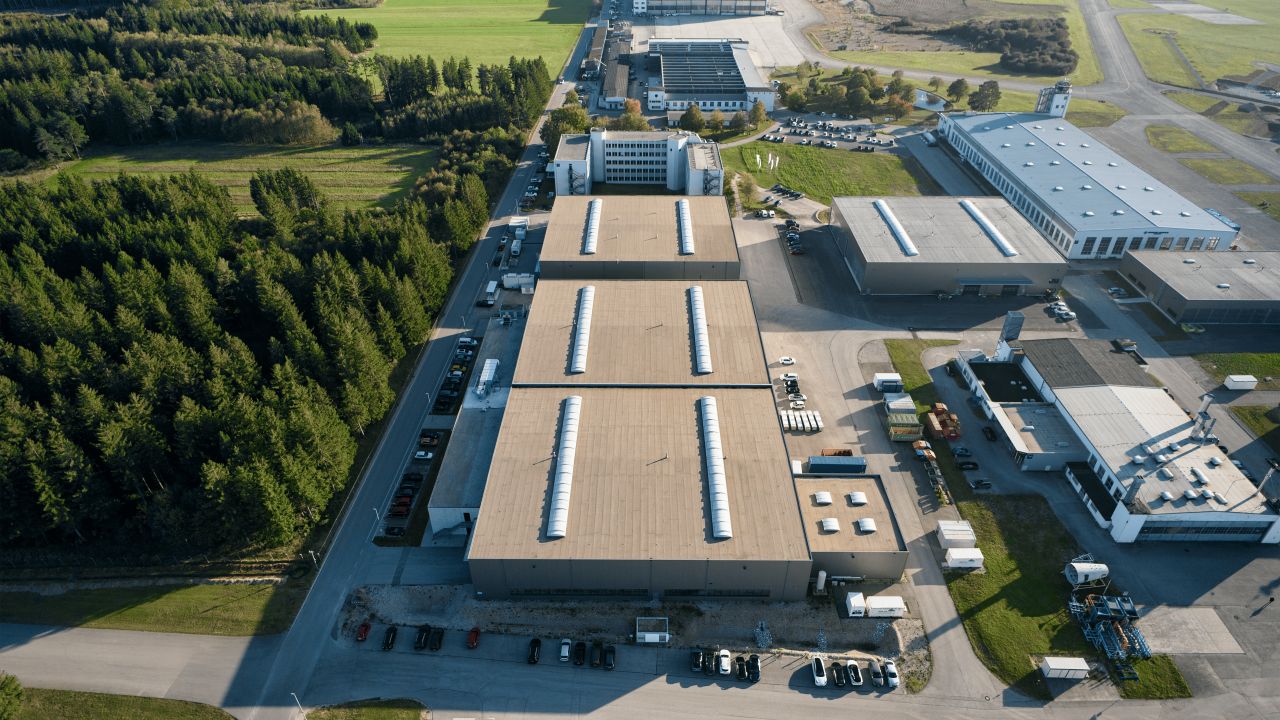
Klaus Roewe, CEO of Lilium, said:To see the first aircraft fuselage on the final assembly line ready to join up with the canard and wings is a proud moment for everyone involved in our mission to make aviation sustainable. We firmly believe the Lilium Jet will usher in a new era of sustainable regional mobility, offering the highest safety standards, as well as superior comfort, unit economics, and customer experience.
The Lilium Jet will be produced at Lilium’s facilities in Wessling, Germany. This location hosts Lilium’s testing and manufacturing centre, its propulsion and aerostructures facility, its final assembly building, and the company’s new battery assembly building and logistics hub.
In total, Lilium’s facilities cover an area of 175,000 square feet.
Alongside the start of production on the Lilium Jet, the company’s tier-one suppliers are also increasing production on parts and systems for the vehicle.
Lilium considers this to be a key milestone in the company’s mission to help make sustainable regional aviation a reality.
Yves Yemsi, COO of Lilium said:I’d like to pay tribute not only to all Lilians, but also to the support and commitment of each of our suppliers and partners. The progress made in designing and building the fuselage, canard, and wings is a testament to the quality of collaboration with our aerostructures suppliers Aciturri and Aernnova. This once again confirms that our approach of teaming with proven aerospace suppliers is the optimal strategy as we advance along a path to certification and entry into service of the Lilium Jet.
The start of assembly on the Lilium Jet follows the company’s success in receiving Design Organization Approval from the European Union Aviation Safety Agency (EASA).



